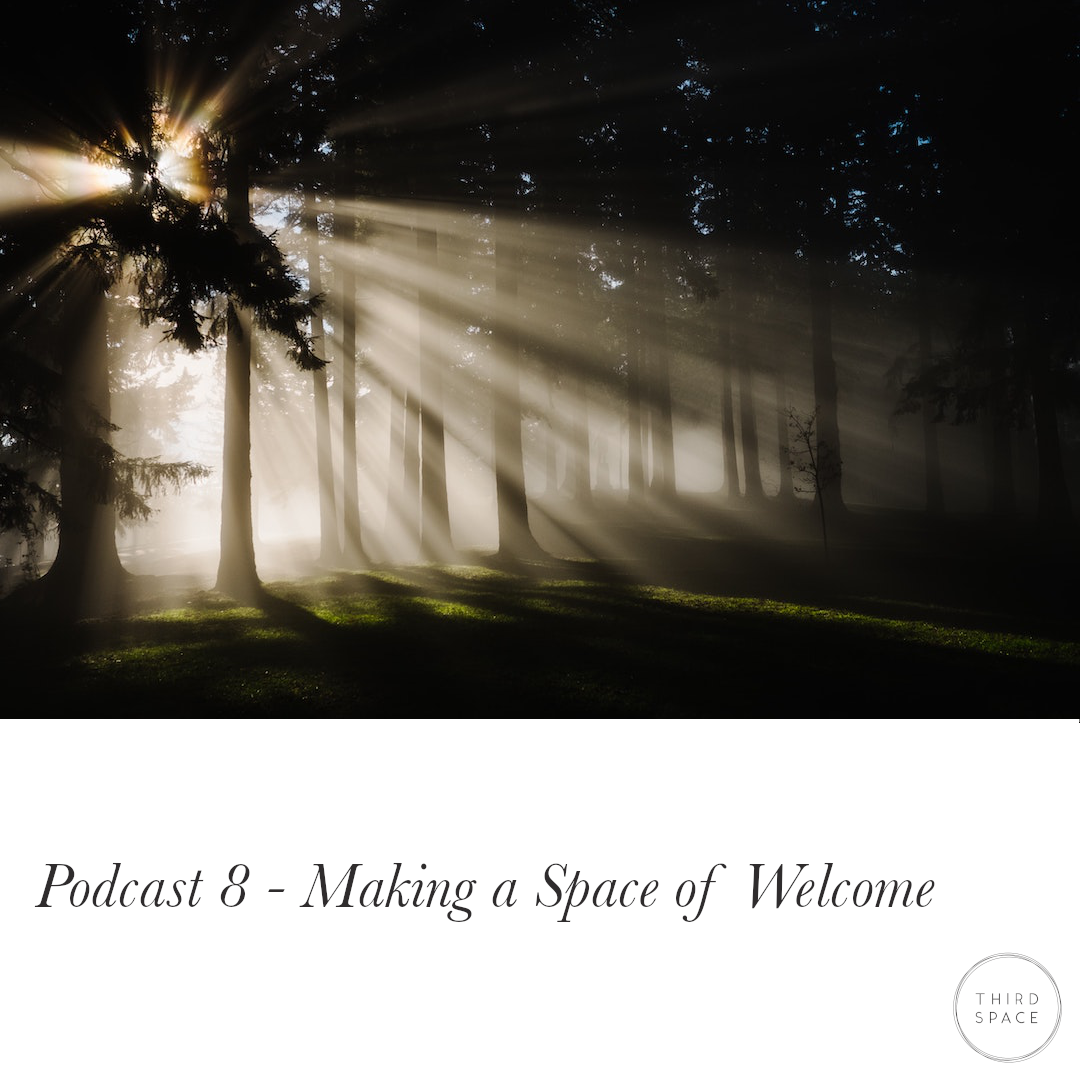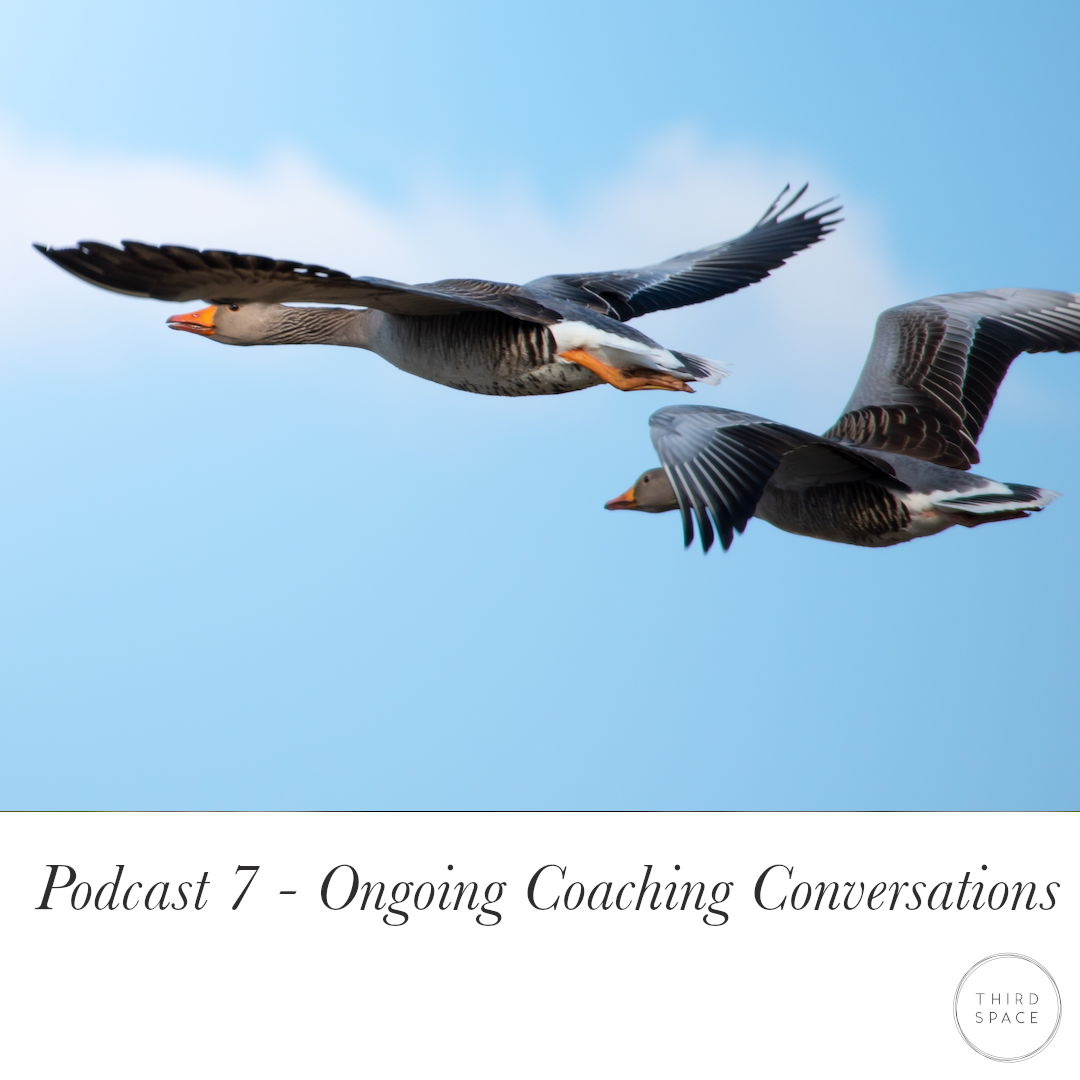Hosted by Lizzie and Justin
A conversation that we think will make a new kind of sense now that you have completed Session 3.
Originally recorded for our Turning Towards Life podcast, but with PCC students in mind, we talk about what it is to be someone who can observe and give name to the structures of interpretation - the current narratives - that our clients live from. It takes a particular kind of truthfulness, warmth, care, attunement and safety-making to be able to do this in a way that someone else can hear and make use of.
Naming an interpretation - a way of being - accurately and compassionately can go a long way to laying ground for imagining together a deeper narrative, a possible way of living that is liberating and lets life flow more freely and skilfully, and then finding ways to live into that possibility by practice and self-observation.
40 minutes long
Here's the text we read at the beginning:
What Story Do You Live In?
To live in the world as a human being is always to live in the middle of a story of one kind or another. We all live in a world of interpretation - the particular way we each make sense of the world.
The interpretations we live in profoundly shape the experience we have of life, and the possibilities that open and close for each of us. So shifting our interpretations into ever more life-giving forms might be one of the most important ways we can play a part in our lives. In other words, examining and changing the stories we’re living can be a way to bring about new kinds of personal and collective freedom: the freedom of thought, feeling and action we need in order to respond fully to our lives.
One of the intriguing aspects of the interpretations we live in is that they’re often invisible to us. We may have come by them deliberately and then forgotten them in the midst of the habit and repetition of day to day life. Or we may have entered into them ‘unconsciously’, taking them up in response to the surrounding culture or the family systems we grew up in when we were small. When they’re ‘in the background’ in this way, it can be hard to see how much they shape us. There’s a sense in which it’s easy for us to ‘belong to’ an interpretation rather than having our interpretations consciously and purposefully ‘belong to us’.
This is where integral development coaching can be helpful. Because a skilled coach can be of support in helping us first see and then shift the stories in which we can live, often in liberating and life-giving ways.
It can be wonderful to have someone who will help us observe what we have not yet observed about the stories we live in - someone who will partner with us as we enter into new ways of making sense of our lives that we may never have considered before, and help us find and practice new ways to live them. In this way we can come, over time, first to 'have our stories' rather than being 'had by them', and then to make new ones that can serve our lives more fully. It’s a very creative, joyful and compassionate role to play in support of another person.








